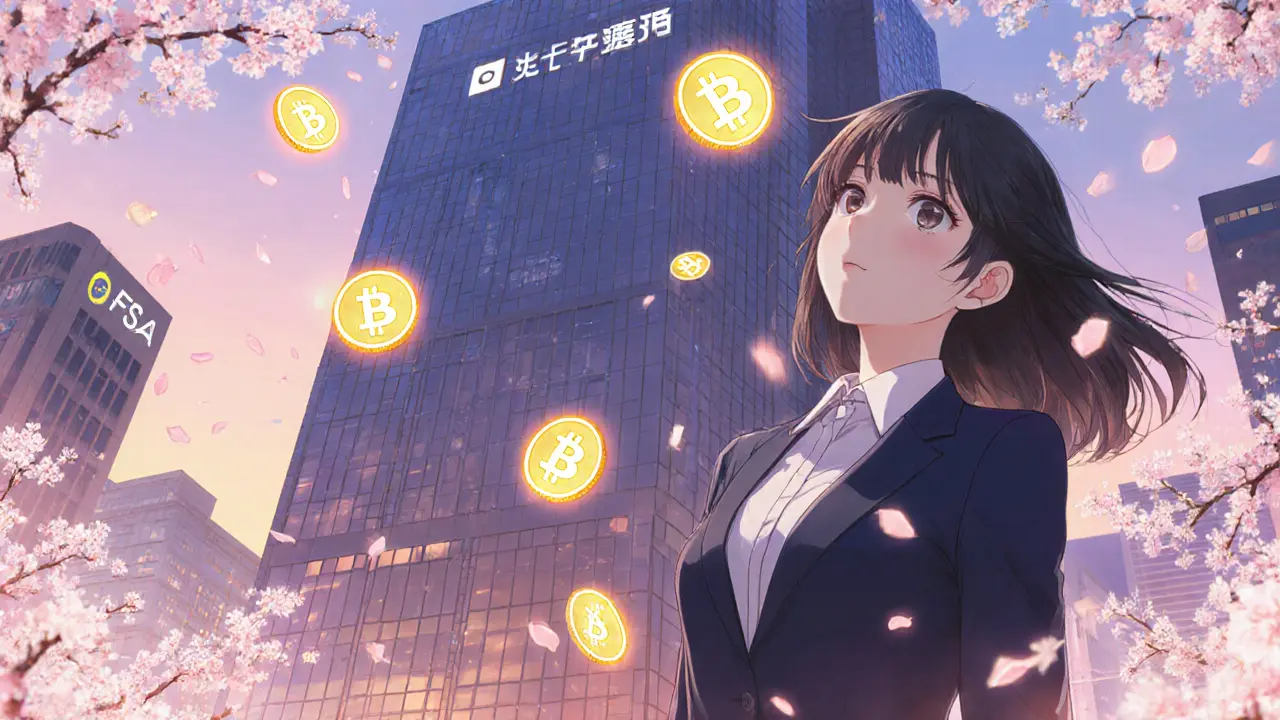Japan Crypto Compliance: Rules, Regulations, and What Traders Need to Know
When it comes to Japan crypto compliance, the set of legal and operational rules crypto businesses must follow to operate legally in Japan. Also known as crypto regulation in Japan, it's one of the most detailed and enforced frameworks in the world. Unlike places where crypto is a gray area, Japan treats digital assets as legal property and demands transparency, security, and accountability from every exchange and service provider.
This system isn’t just about blocking bad actors—it’s built to protect everyday traders. The Financial Services Agency Japan, the government body that licenses and supervises crypto businesses in Japan requires all exchanges to register, keep 100% of customer funds in cold storage, undergo annual audits, and report suspicious activity. If an exchange fails any of these, it gets shut down. No warnings. No second chances. That’s why only about 20 crypto platforms are legally allowed to operate in Japan, even though hundreds tried.
Japan also leads in AML crypto Japan, anti-money laundering practices specifically designed for cryptocurrency transactions. Every user must pass strict KYC—submitting ID, proof of address, and sometimes even bank statements. This isn’t just paperwork; it’s a firewall against fraud and illegal funding. And because Japan is part of global financial networks, its rules influence how other countries design their own crypto laws.
For traders, this means less noise and fewer scams. You won’t find random meme coins with no team or fake airdrops pushing fake tokens on Japanese exchanges. The platforms you see there are vetted, monitored, and accountable. That doesn’t mean it’s easy to trade—there are taxes, reporting rules, and limits on leverage—but it means you’re trading on a stage where the house doesn’t cheat.
What you’ll find in this collection are deep dives into how Japan’s rules actually work on the ground: which exchanges passed the audit, what happens when they don’t, how traders handle taxes, and why some global platforms refuse to serve Japanese users. You’ll also see how compliance affects the coins you can trade, the fees you pay, and even how fast your withdrawals go through. This isn’t theory—it’s what’s happening right now, in real time, for people trading in Tokyo, Osaka, and beyond.
FSA Crypto Oversight in Japan: How Strict Compliance Shapes the Market
Nov, 2 2025
Japan's FSA enforces one of the world's strictest crypto compliance systems, requiring cold storage, fund segregation, and licensing. Learn how this framework protects users, raises costs, and sets global standards.
Read Article→
